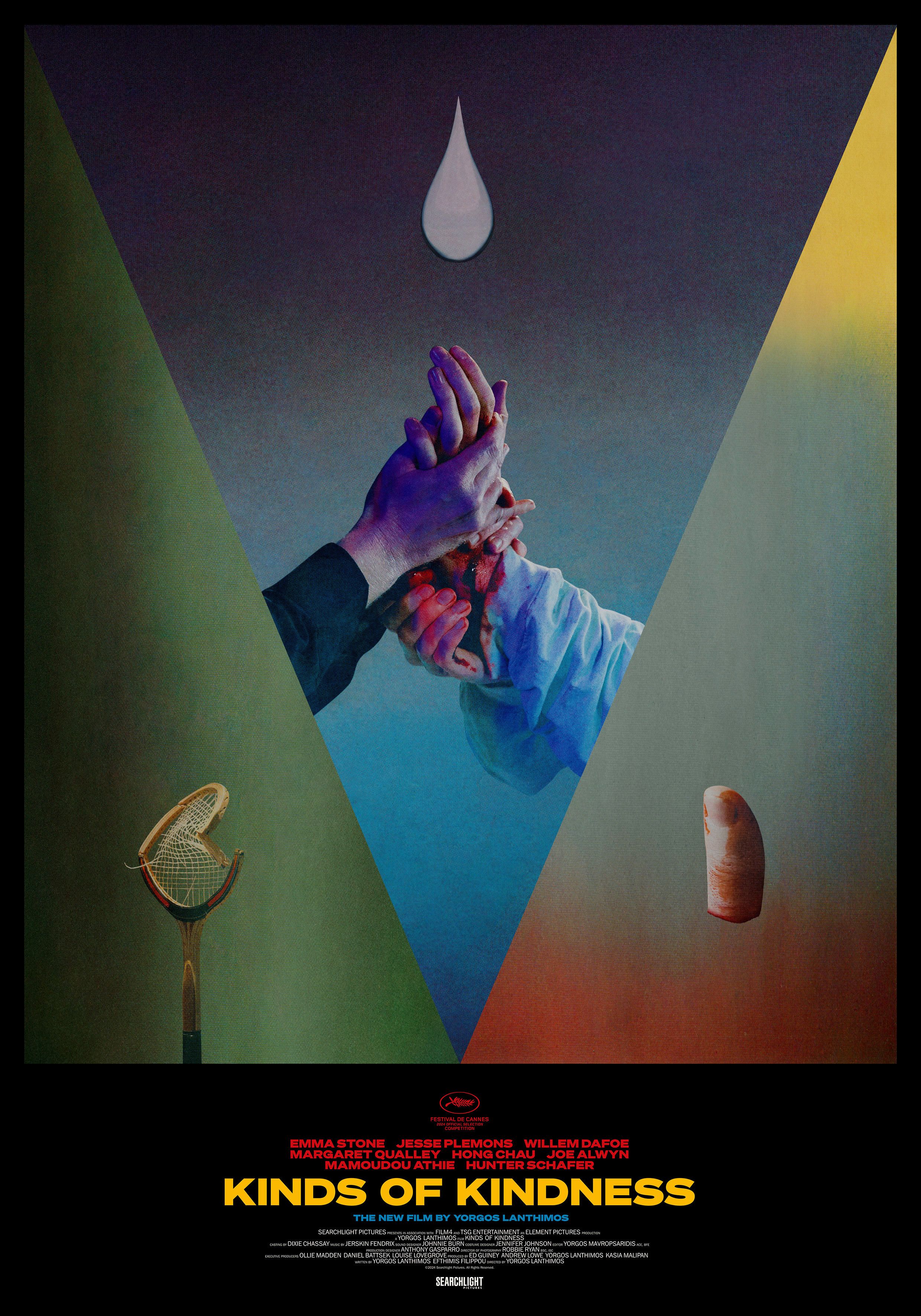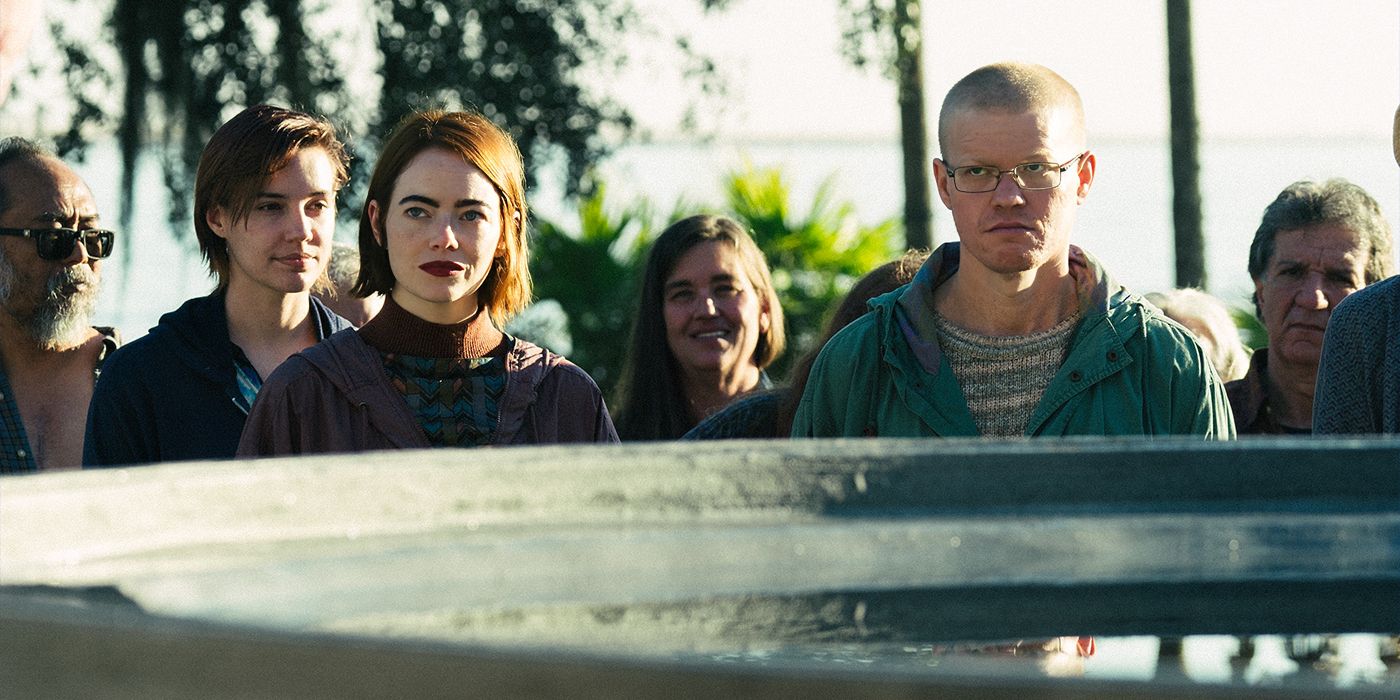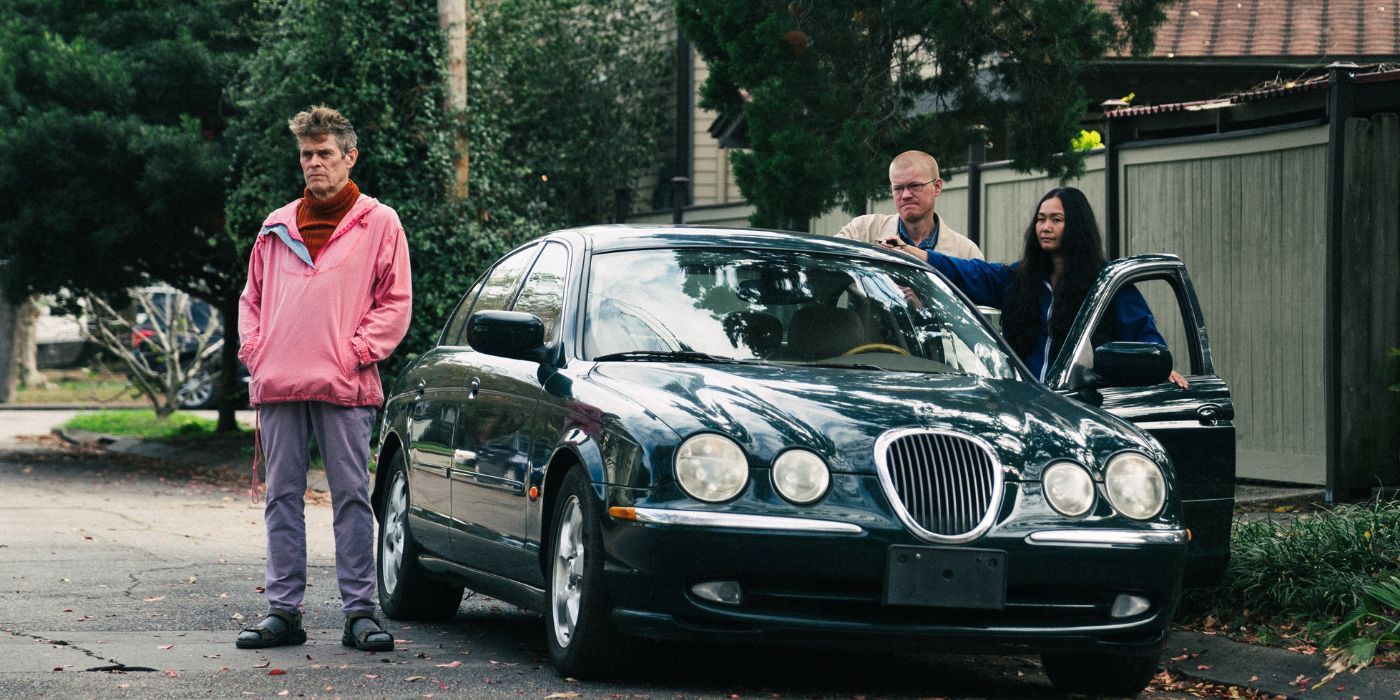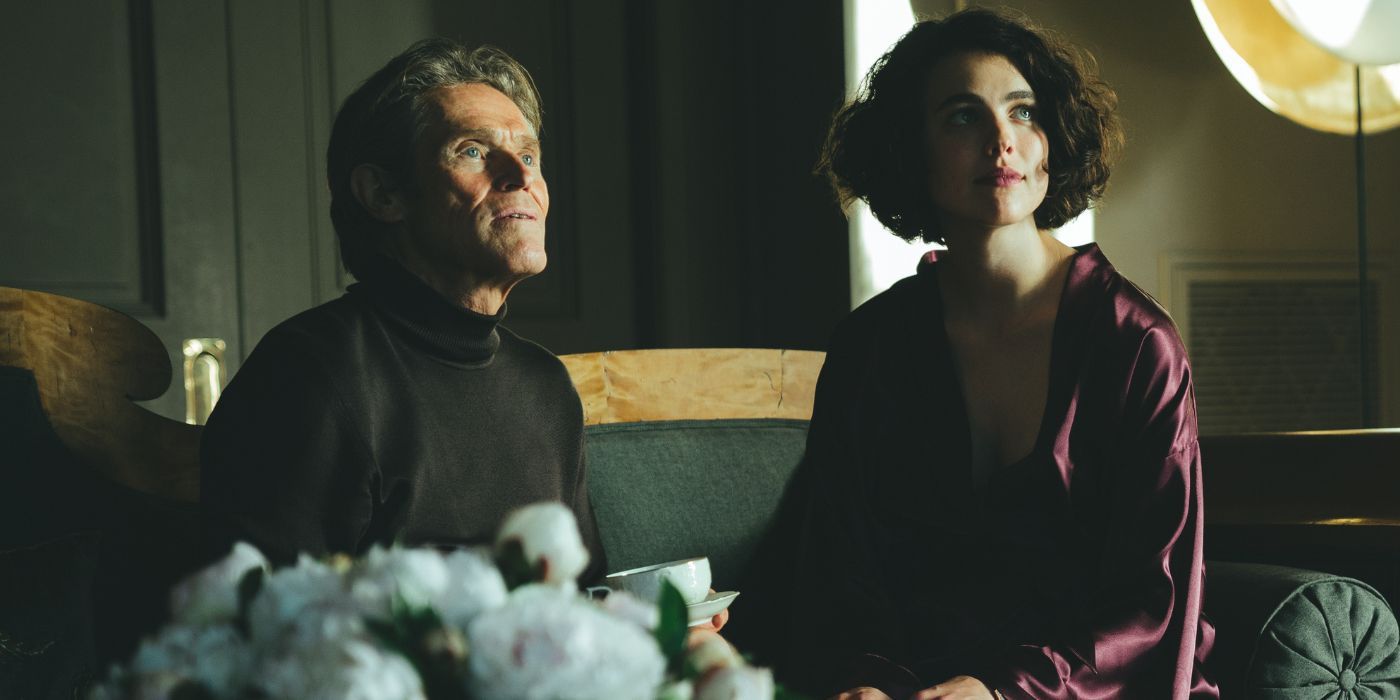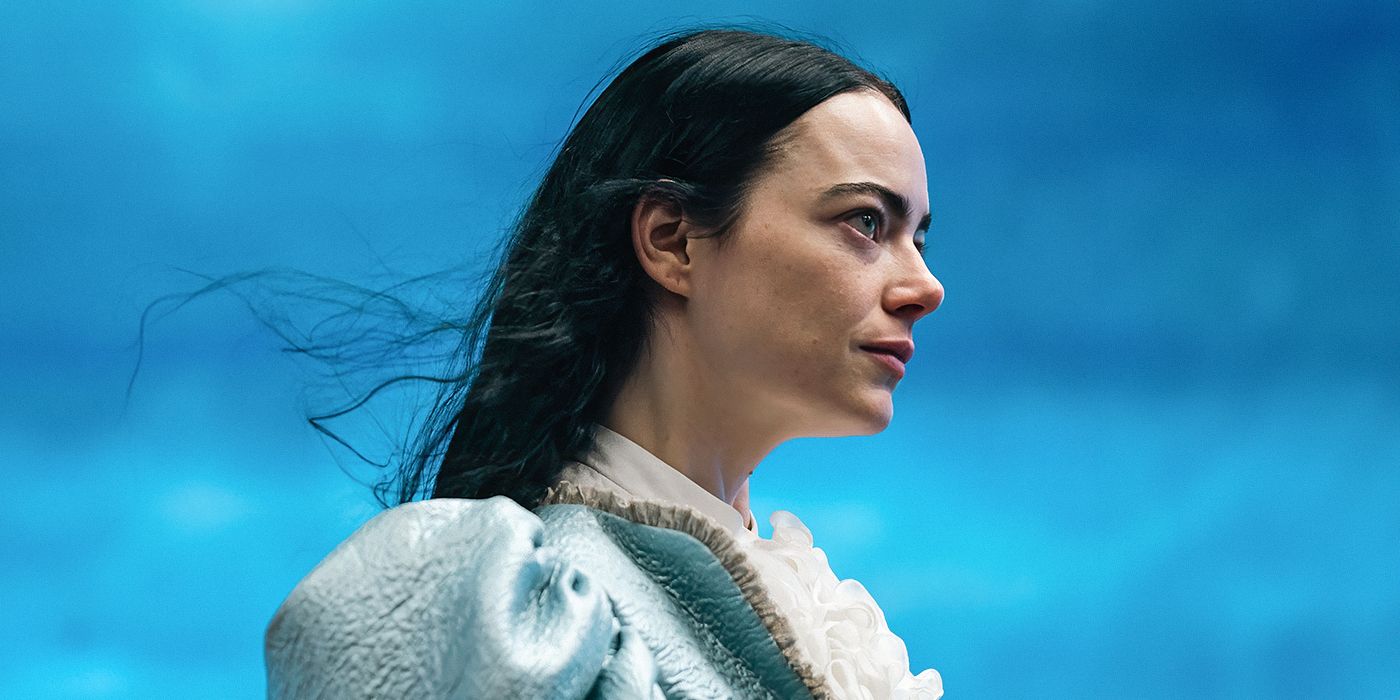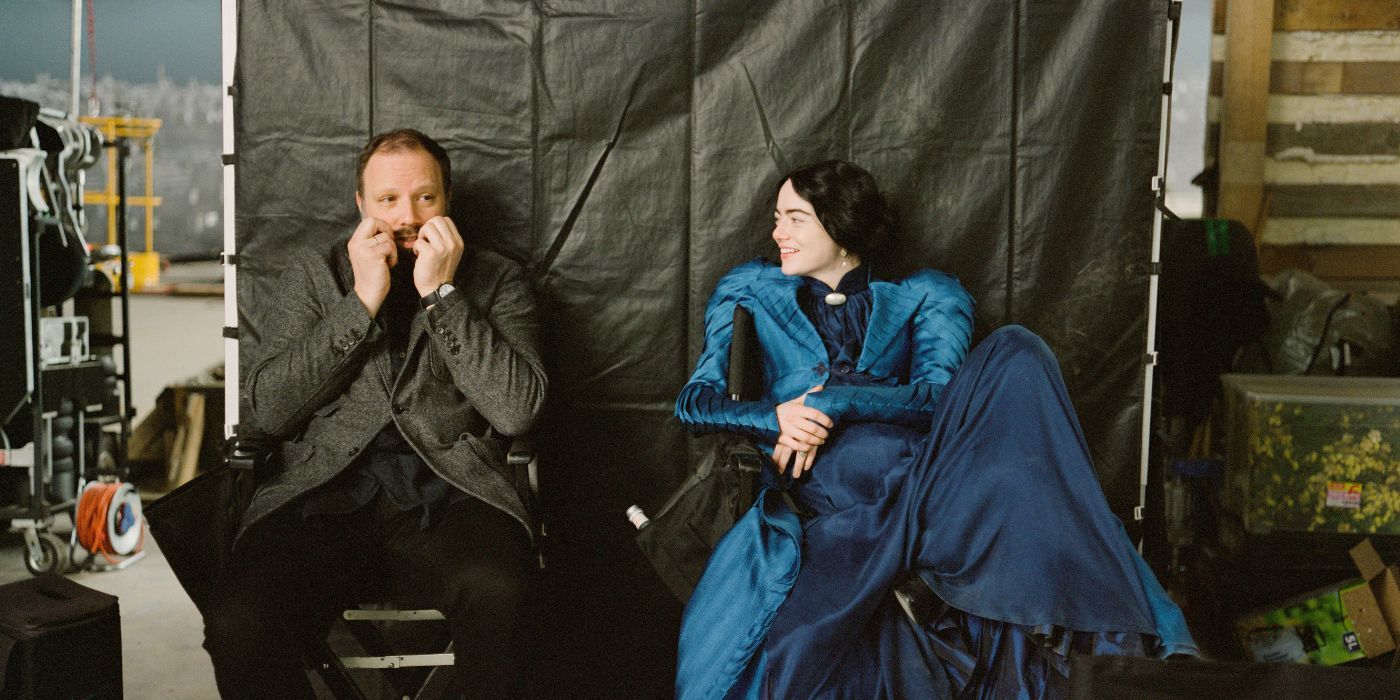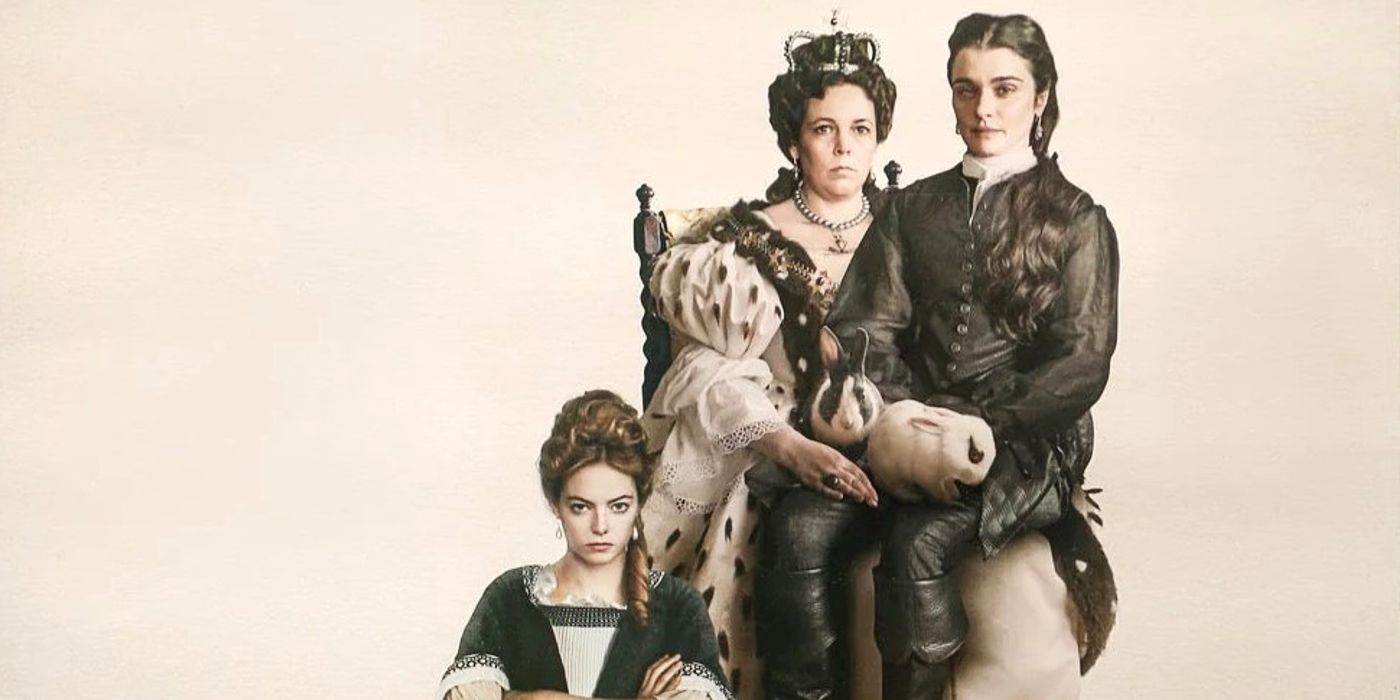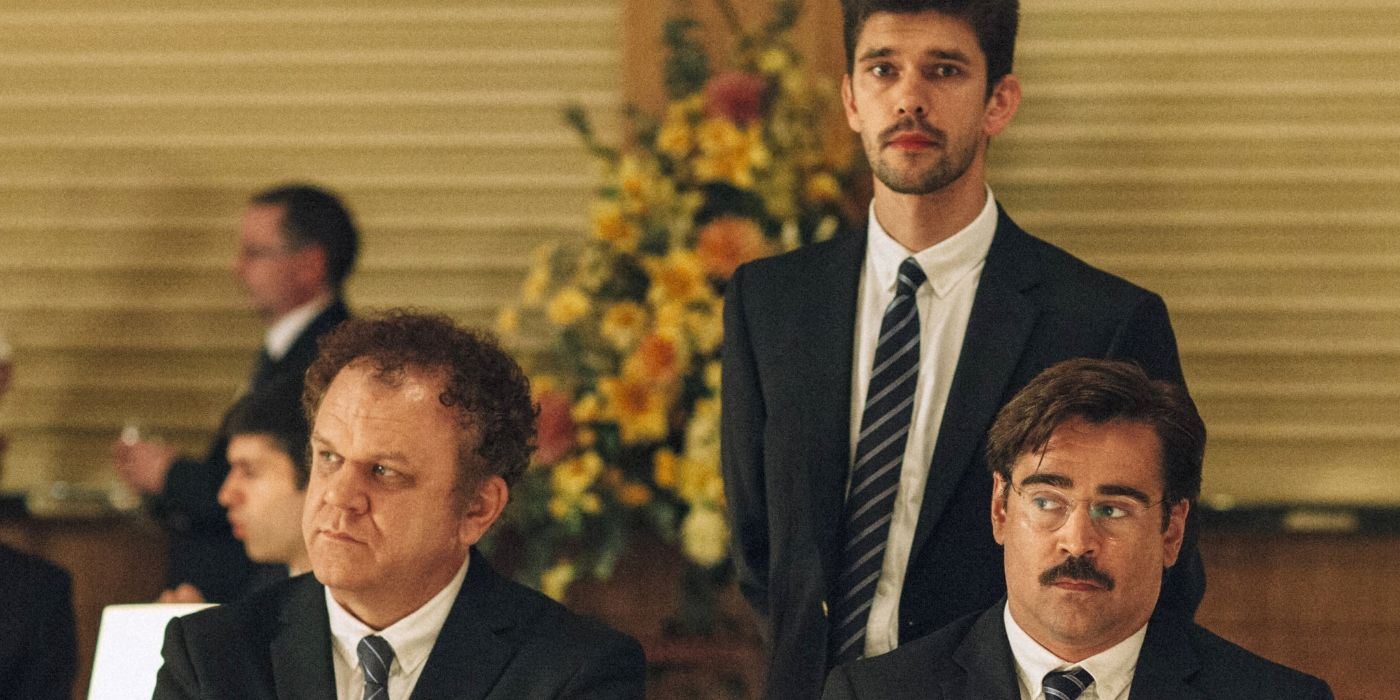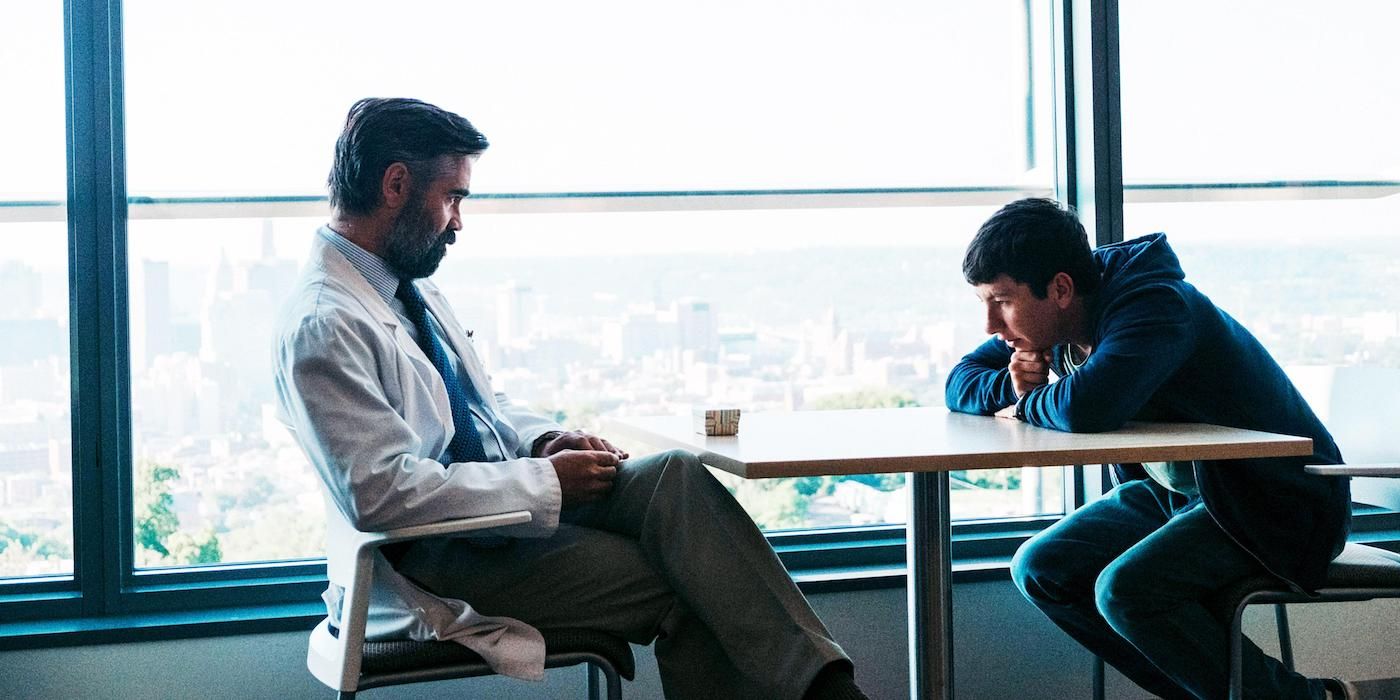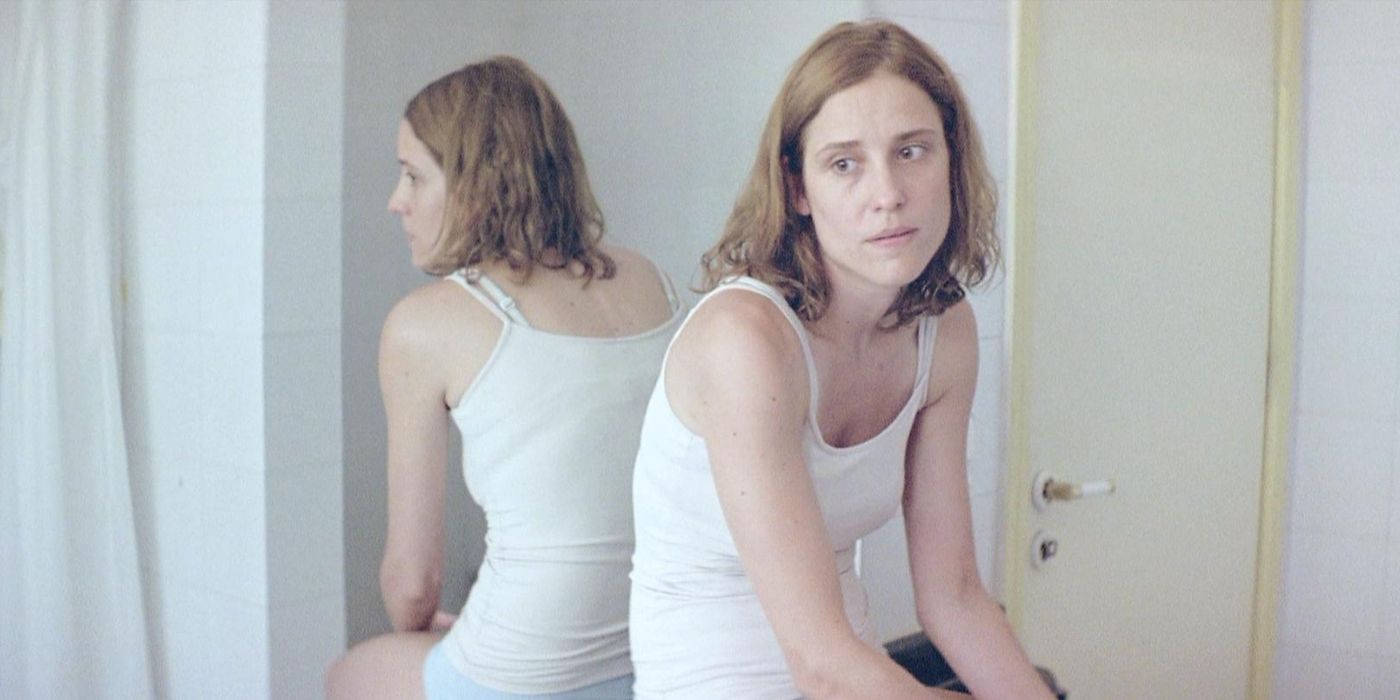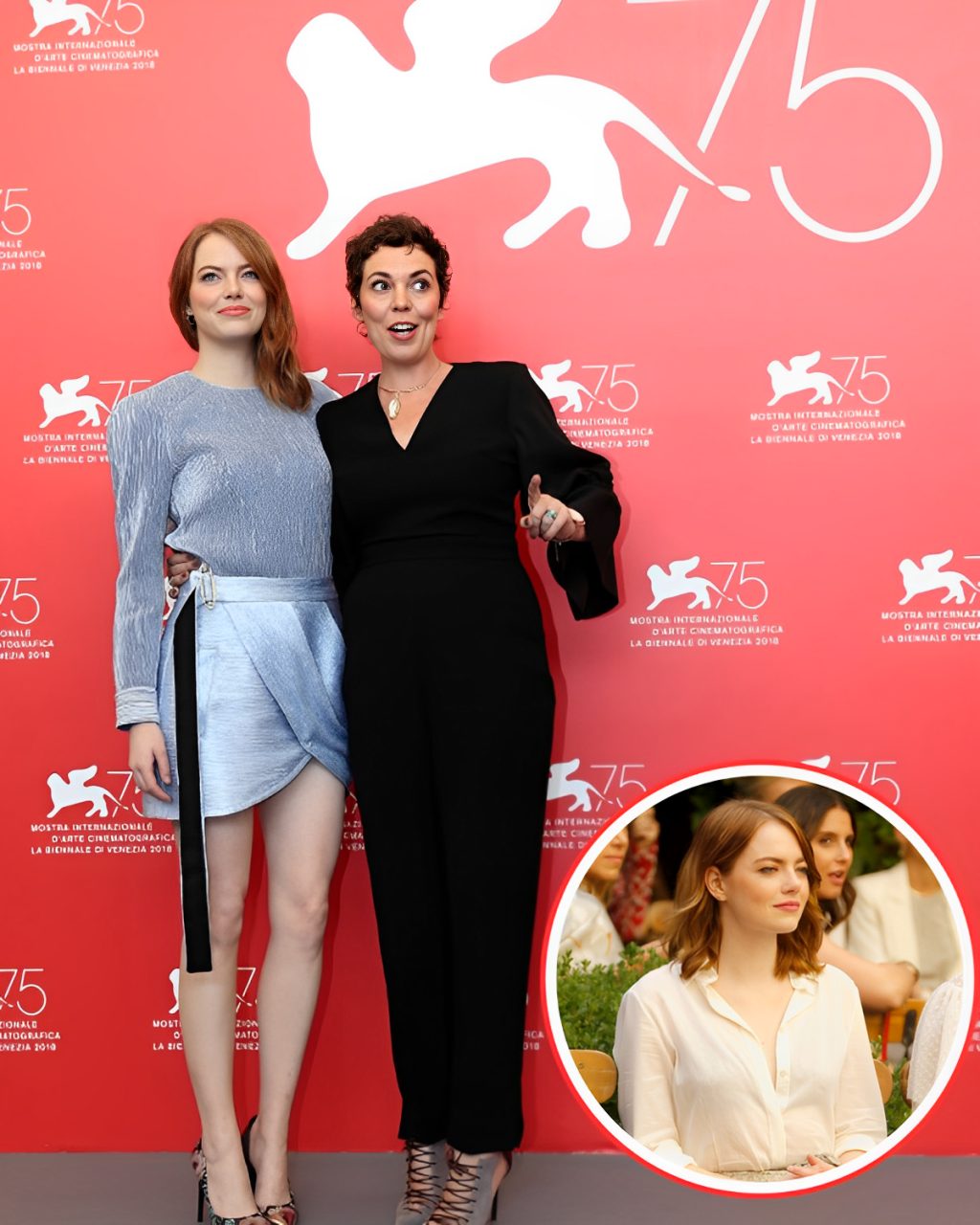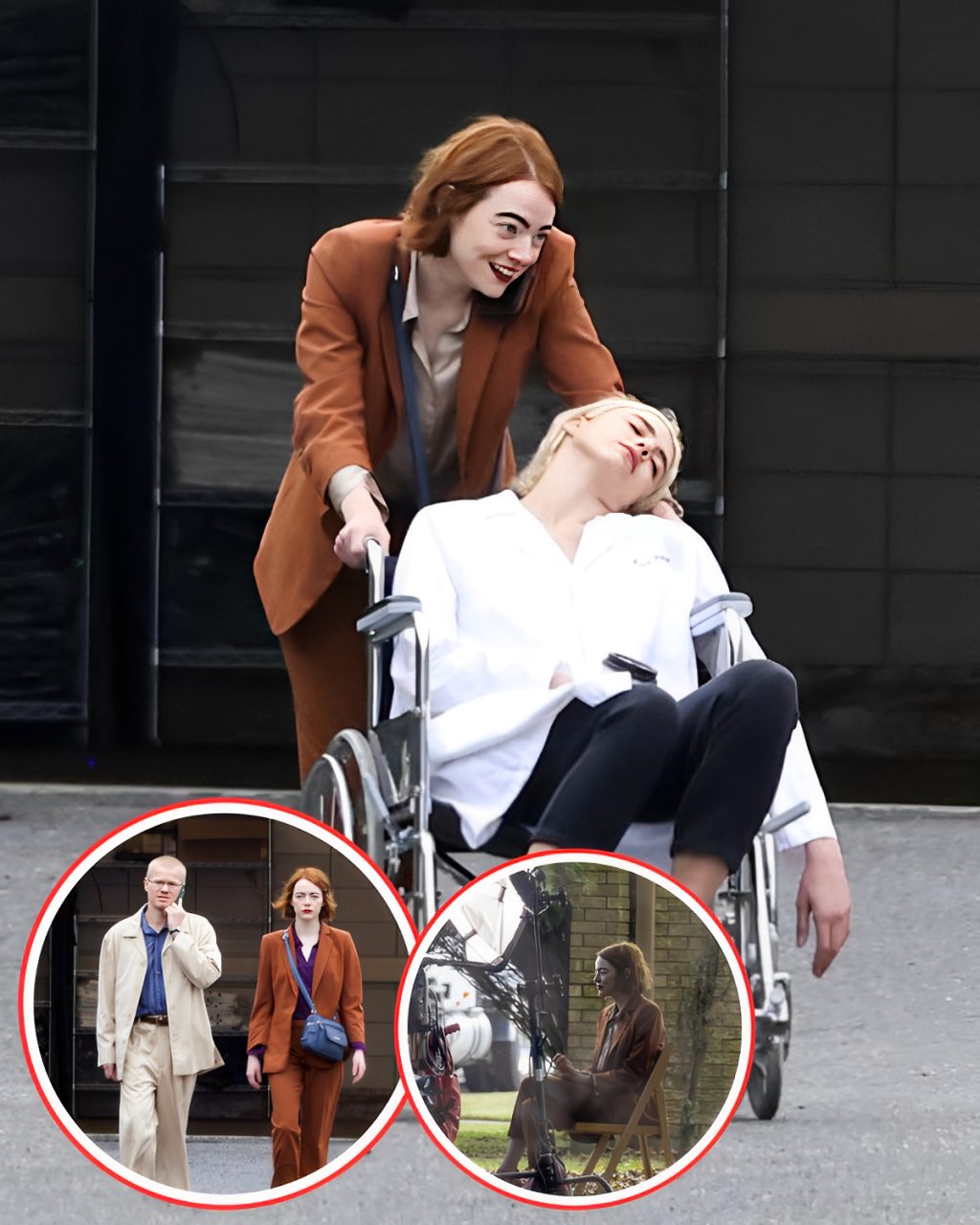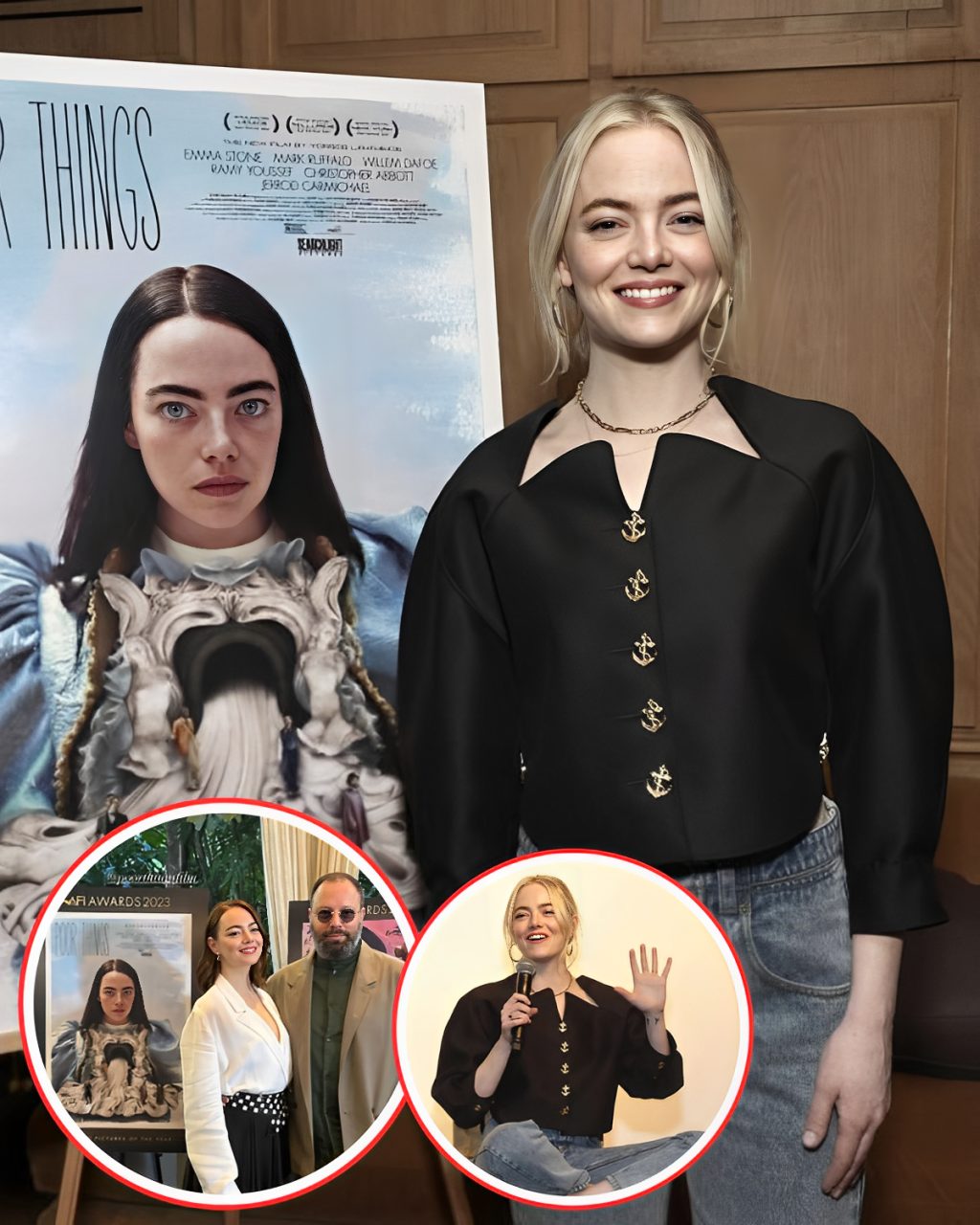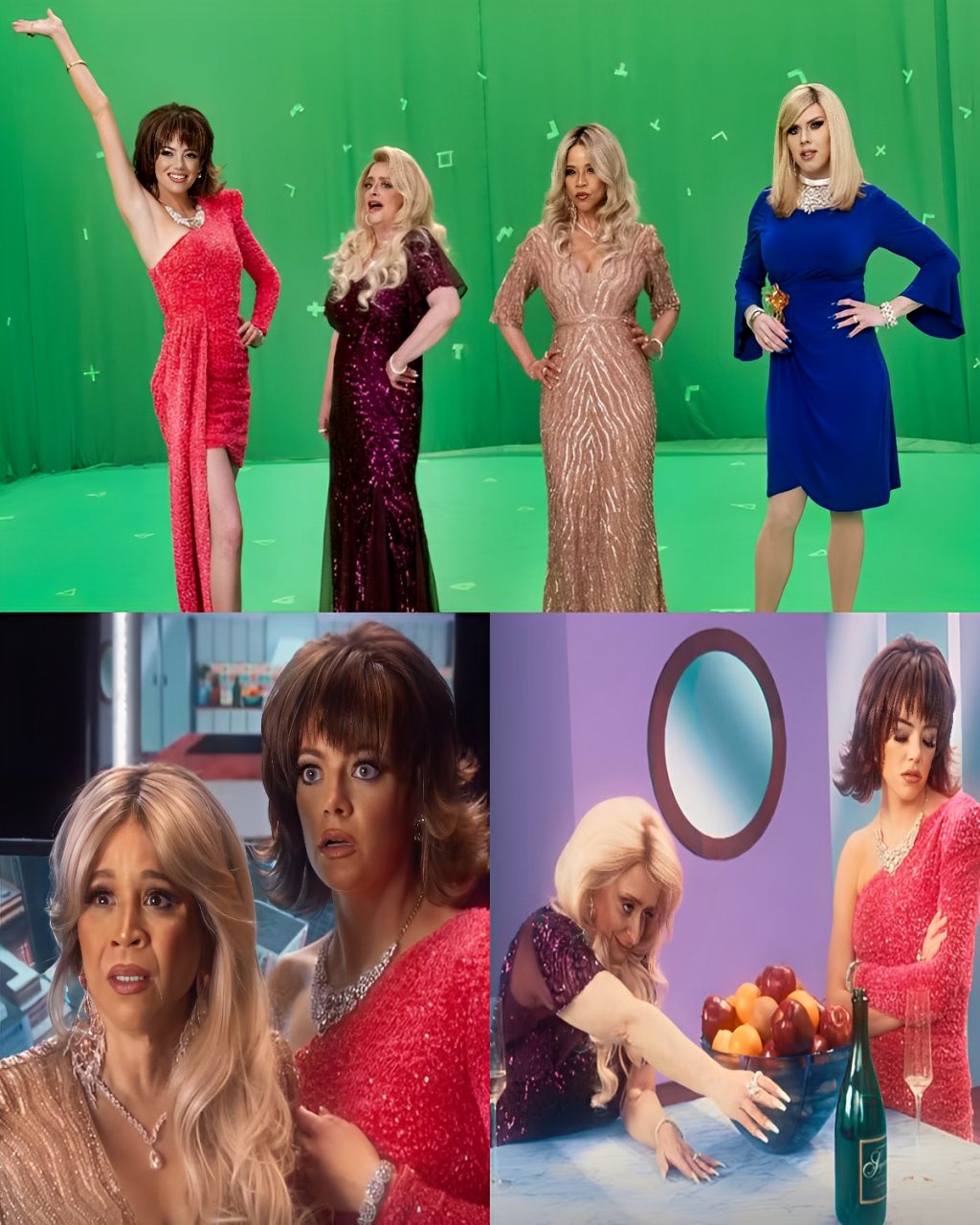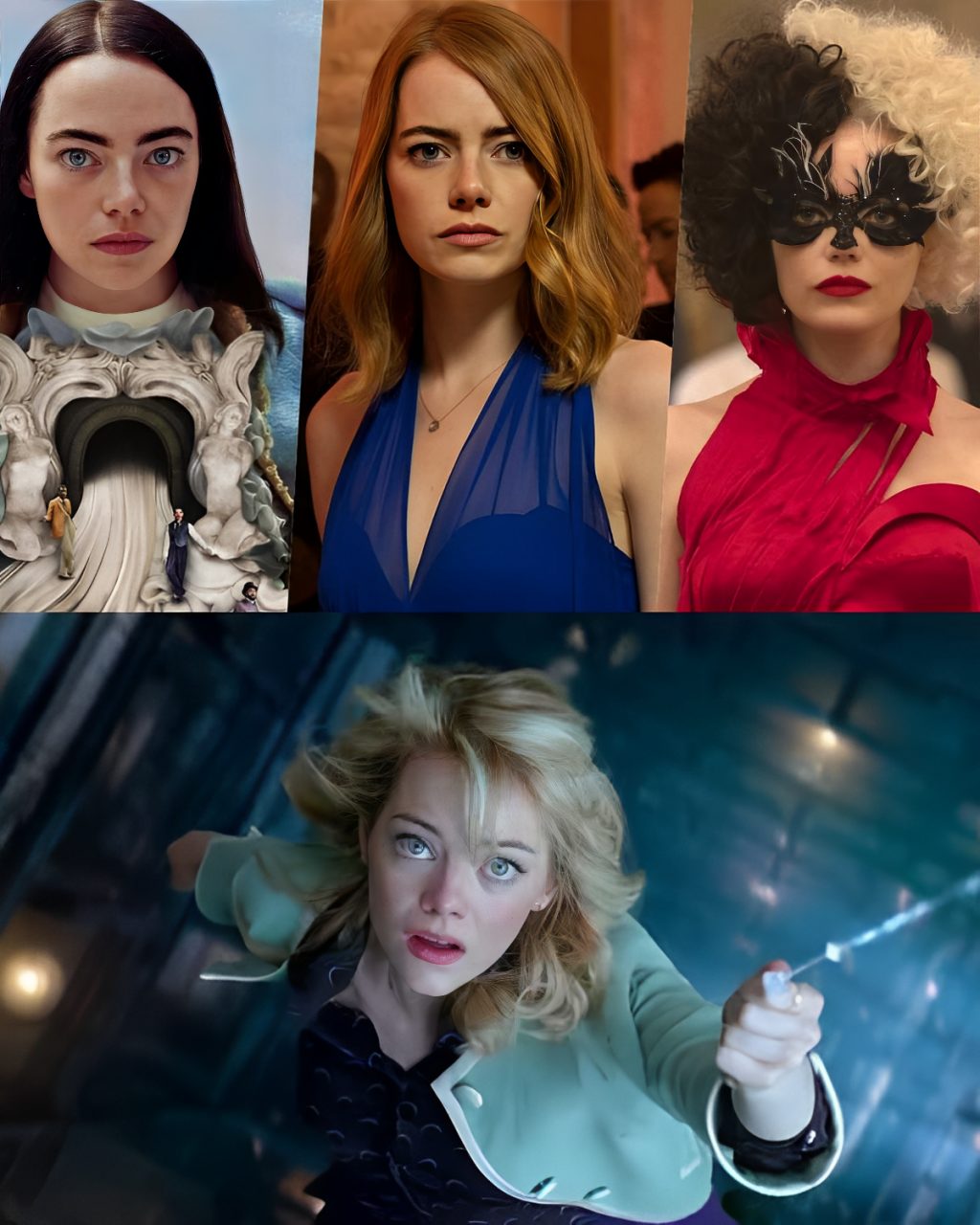Even award-winning directors with critical acclaim can find aspects of filmmaking “too daunting.” Such is the case for Yorgos Lanthimos, who, after earning four Academy Awards for last year’s Poor Things, just celebrated the world premiere of his newest feature, Kinds of Kindness, at the Cannes Film Festival in May. During an interview with Collider’s Steve Weintraub, Lanthimos opens up about his process on set and how he approaches his work, as well as the ways he’s altered his methods, particularly with his latest feature.
Kinds of Kindness reunites Lanthimos with screenwriter Efthymis Filippou, who co-wrote his previous works Dogtooth, Alps, The Lobster, and The Killing of a Sacred Deer, and tells a collection of three stories that center on the idea of control. The film stars an ensemble of Lanthimos’ recently favored troupe — Emma Stone (The Favourite, Bleat, Poor Things), Willem Dafoe (Poor Things), Joe Alwyn (The Favourite) and Margaret Qualley (Poor Things) — as well as Mamoudou Athie (Elemental), Hunter Schafer (Euphoria), Hong Chau (Asteroid City), and Jesse Plemons (Civil War), who took home Cannes’ Best Actor award.
In this interview, Lanthimos talks about filmmaking influences whose contributions to art — “if you can call it that” — make up who he is as a creator, how he works alongside his crew, and specifically his cinematographer, Robbie Ryan (Poor Things, The Favourite), and the change he made for Kinds of Kindness he’s considering for future projects.
You can watch the full conversation in the video above or read the transcript below.
Yorgos Lanthimos Shares the Filmmakers Who Inspire Him
“I’m a collection of all my film influences.”
COLLIDER:I wore my Stanley Kubrick T-shirt today because I would imagine you’re a fan, and I’m curious, do you have a favorite Kubrick film?
LANTHIMOS: Oh, that’s very difficult. No. I like most of his movies very much, so it would be very hard.
Is there a filmmaker that you think has influenced you the most as a filmmaker, or do you think you are a collection of everything you’ve seen?
LANTHIMOS: First of all, I’m a collection of all my film influences, but I think generally all filmmakers or people that make works of art, or something close to that, if you can call it that, we’re formed and molded from a lot of other experiences and influences, from music to photography, to painting, to how we grew up, to the climate, to emotional and psychological experiences and influences. I think it’s quite reductive to say that there’s one major influence. At least in my case. Also, I have such a wide variety of things that I like. Even within one filmmaker, as you say, there are so many films of Kubrick’s or so many films of [Luis] Buñuel, or [Robert] Bresson, or [John] Cassavetes. Already, those are such different filmmakers between them. But I grew up watching [Steven] Spielberg and Jaws. I watched it recently, and I think it’s incredible.
I love the way you work with your cinematographer on where you place the camera. How much are you thinking about those decisions prior to stepping on set and how much are you finding it in the moment?
LANTHIMOS: I think about it a lot before going on set in terms of a general structure of how we’re gonna approach this film, in terms of how we’re gonna film it. I try to set up some rules of where the camera goes, what kind of lenses we use, and what kind of format. We discuss that with Robbie [Ryan], and we come up with a set of rules — the camera is never higher than people’s eyes, for example, or it’s not moving unless someone’s moving, or we test a lot and we decide that we’re gonna use these three lenses, for the most part. So, we develop this kind of language for each film, and then when we go on set we kind of start from scratch, but having these rules in the back of our head. We take it one step at a time, we rehearse with the actors, and decide which is the best way to film a scene.
How Yorgos Lanthimos’ Filmmaking Will Change After ‘Kinds of Kindness’
I am fascinated by the editing process because that’s where it all comes together. With Kinds of Kindness and with your other films, have any of them gone through a dramatic change in the editing room in ways you didn’t expect going in?
LANTHIMOS: No, I don’t think anything dramatic has ever happened. I guess I’m relatively slow in terms of editing. I like to take time off, work on some scenes or the whole film, and take some time off to get some distance, and then watch it again and try and come from a different perspective and make sure that we’ve done the best version of the scene or the sequences or the entire film. There hasn’t been any drastic change.
The only thing that I changed recently was that when I see the first assembly of the film– Well, actually, I decided not to do that anymore, to not watch an assembly of the whole film, because it just feels too daunting. You’re so disappointed and depressed by what you see, and it’s this slack thing where you don’t know where to start and how to start attacking it. I told my editor, who’s edited all of my films, “I think we should try and do it somewhat differently now. Just show me the first five scenes and then let’s just work on them and try to make them the best we can and then move on to the next five scenes and the next five scenes.” I’ll only see the entirety of the film after we’ve worked a little bit on sections of the film instead of just slapping it to my face, the whole thing, and I don’t know what to do with it. That worked for me a little bit better, so I’m thinking of continuing to work like that.
